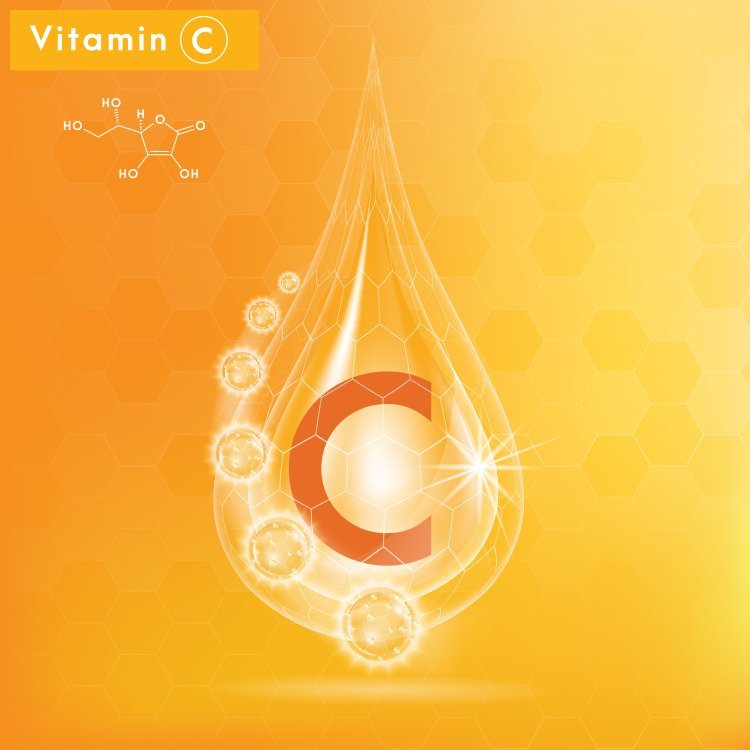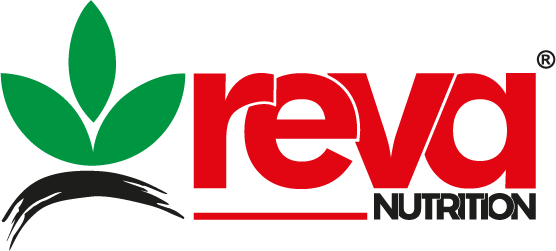Vitamins
Vitamins
Vitamins are compounds that cannot be synthesized in the animal body in general, but are inevitably needed for the normal course of vital functions, and they fulfill their specific tasks in all metabolic activities occurring in the organism. If the animal does not take it at the levels it needs, vital functions are also impaired and as a result, vitamin deficiency symptoms occur. All of the vitamins for farm animals (except vitamin C under normal growing conditions) are essential, ie they must be given to the animal from the outside. However, ruminant animals can synthesize certain levels of B group vitamins as a result of microorganism activity in their rumen. The vitamin requirements of animals are expressed in mg or IU (International Unit) per kilogram of feed, not daily, and they are added to the feed.
The Importance of Vitamins in Animal Nutrition
Vitamins are essential substances for the normal course of metabolic activities necessary for the growth, development, reproduction, living and yielding of farm animals. Farm animals are very sensitive to vitamin deficiency. There are various reasons for this.
a) Microorganisms and vitamins found in the digestive system of some of the farm animals are of the type that can synthesize very little or no vitamins. In fact, since these microorganisms need vitamins in the feed, they compete with the animal as a host in this respect.
b) Vitamins are inevitable elements of intense metabolic reactions in farm animals. Since they participate in many reactions in metabolic events, they are essential elements of energy and protein metabolisms and therefore life.
c) It has been found that some vitamins play an important role in resisting the stresses caused by today’s intensive production conditions of farm animals.

